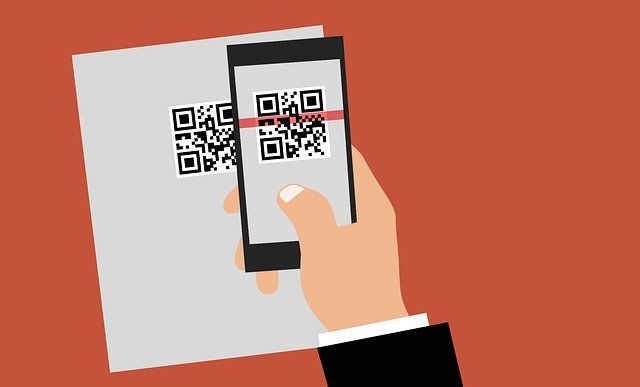Don’t Fall for the Rising Cases of QR Code Scams

QR code is a convenient way of linking to information, websites, payment portals, or brochures for a business’ website. These codes are used due to their simplicity and convenience. It is popularly used in restaurants, real estate listings, adverts, and social media posts. Unfortunately it is also becoming an easy target for QR code scams.
QR codes can be used for a variety of things. Some restaurants, for example, have introduced QR codes to replace physical food menus and brochures. Additionally, scanning a QR code makes it quick and easy to reach a webpage containing relevant information one may be seeking. However, this doesn’t always work as expected because cybercriminals have taken an interest in QR technology in order to perpetrate various scams.
Some of the scams are discussed in this article.
Common QR Codes Scams
1. Restaurants Scam
Restaurants are very much into QR code usage. For this reason, scammers have devised means of replacing legitimate QR stickers with fraudulent ones.
When the fake code is scanned by patrons, they are redirected to a phishing page for collecting personal and financial information. Because QR codes can’t be read by looking at them, victims can’t tell if a genuine one had been replaced.
2. Public Parking Meter Scam
Another area where QR codes are being used is public parking spaces. Fraudsters have been placing malicious QR codes over legitimate ones on parking meters. Unsuspecting drivers who scan the code with their smartphone in order to pay for parking spots are taken to a scammer-owned phishing page.
Victims may be asked to pay on the fake page and their credit cards and personal information collected by the fraudsters.
3. Email Phishing
QR code now forms a small but important part of phishing email campaigns. Instead of the familiar malicious links or attachments used in phishing email campaigns, some hackers now include malicious QR codes in messages to victims.
Cybercriminals are banking on the fact that QR code is less likely to be flagged by security products and can bypass anti-spam email filters to reach users’ inbox. The QR code can point to a web page for phishing for financial information, online account details. It may also prompt users to download and install malicious software.
4. Crypto Scams
Cryptocurrency users are very much familiar with QR codes. The long unintelligible crypto addresses of various coin wallets are often converted into QR codes for easy transmission and payment.
Attackers are taking advantage of this by creating fraudulent crypto payment addresses in the form of QR codes and convincing victims to send money to the wrong address.
5. Adverts and Public Notices Scam
QR codes are found in many adverts and public notices. They can be scanned to get more information about deals, events, and issues.
Hackers can create fake ads with their own QR codes to impersonate legitimate businesses. They can also place malicious QR codes over the original on public notices.
Tips to Avoid QR Code Scams
- Preview QR code’s URL using smartphone camera or secure QR scanner app to spot potentially malicious links.
- Download only well-known QR reading apps to avoid losing your data to hackers via malicious QR code readers on app stores.
- Use a password manager to avoid your browser auto-filling personal and financial information on malicious websites.
- Ignore all QR codes sent via email.
- Carefully inspect URL after scanning or type the website address manually if you know them.
- Don’t download unknown apps via QR codes, use the app store directly.
- Businesses should regularly revalidate posted QR codes to detect tampering and fraud.
On the surface, QR code looks like a defense against misspelled URLs which happens with manual typing. But cyber attackers have been weaponizing the same technology for nefarious uses. While it is common to look out for potentially malicious links in emails, the same attention isn’t paid to QR codes as it is not usually associated with fraud thus giving scammers an edge.
Follow the tips above to avoid losing your bank account, credit cards, and personal information to hackers.
For more IT security tips, click here to sign up today for our weekly cyber security tips delivered right to your email inbox.
The post Don’t Fall for the Rising Cases of QR Code Scams appeared first on SDTEK | San Diego, CA.


